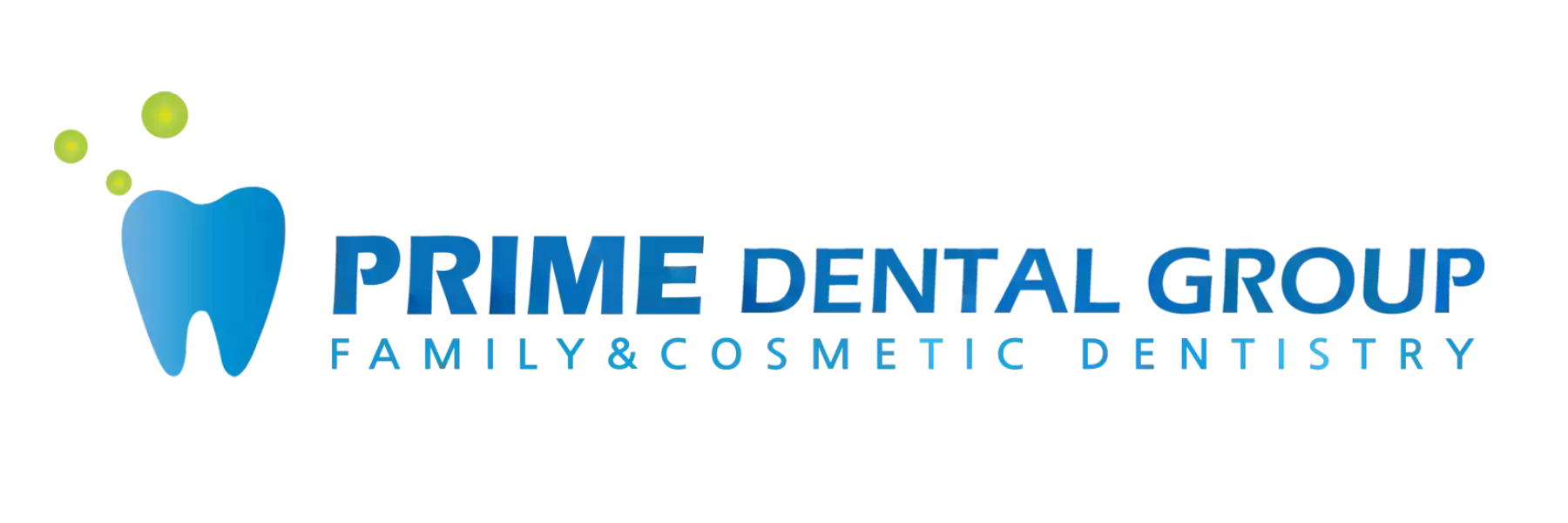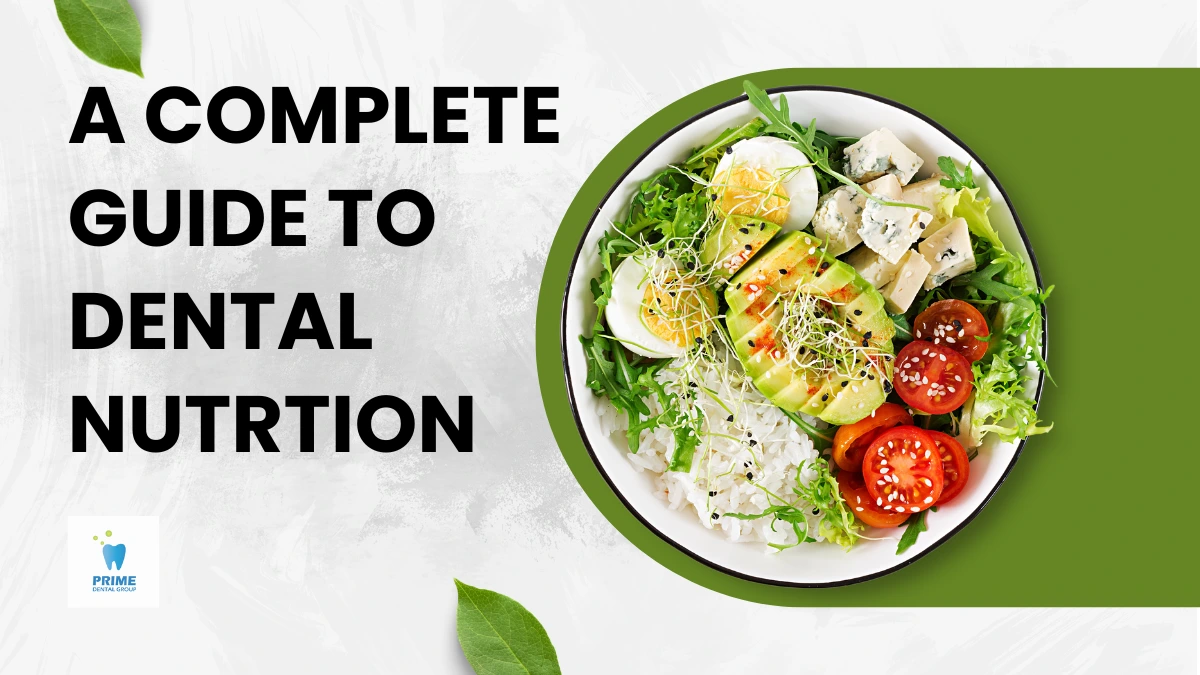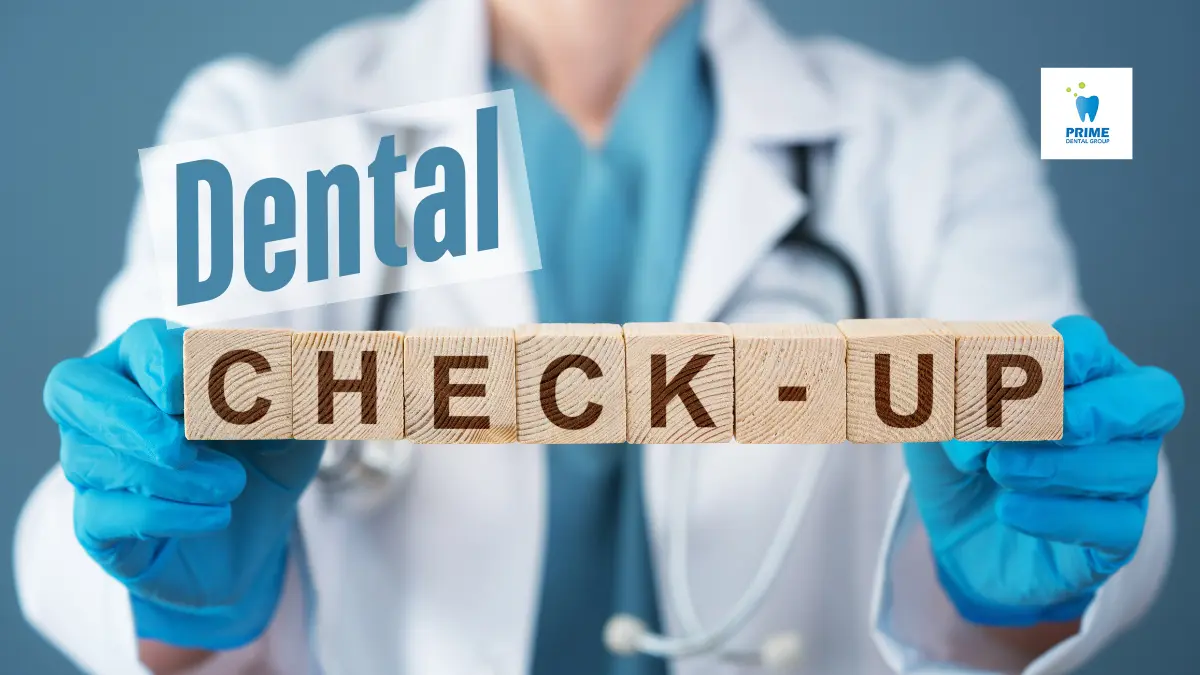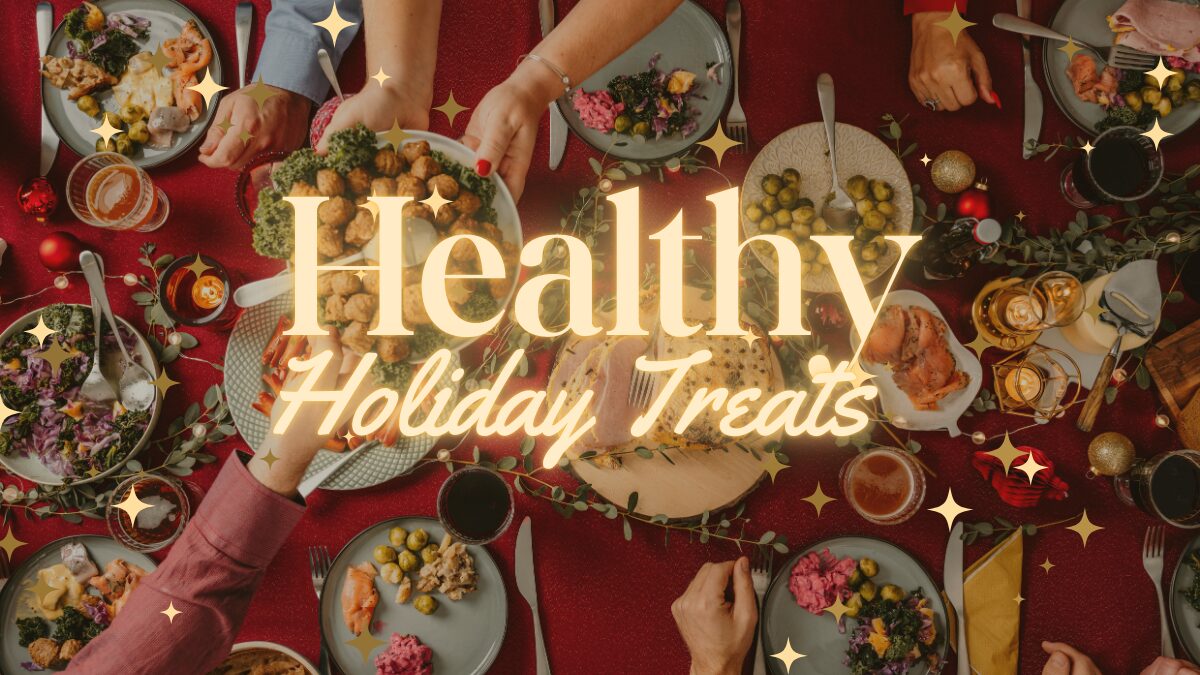How Calcium and Vitamins Keep Your Smile Strong: A Complete Guide to Dental Nutrition
Why Your Diet Matters for Your Smile
Ever wonder why dentists always talk about your diet during checkups? It’s not just about avoiding sugar. What you do eat can actually help protect and strengthen your teeth. In fact, two of the most important nutrients for healthy teeth are calcium and vitamin D.
These powerhouse nutrients do a lot behind the scenes. Calcium helps build strong enamel (the protective layer on your teeth), while vitamin D makes sure your body can absorb and use that calcium properly.
Let’s dive into how calcium and vitamins support your dental health, what foods to eat, and how to build a daily routine that keeps your smile shining bright.
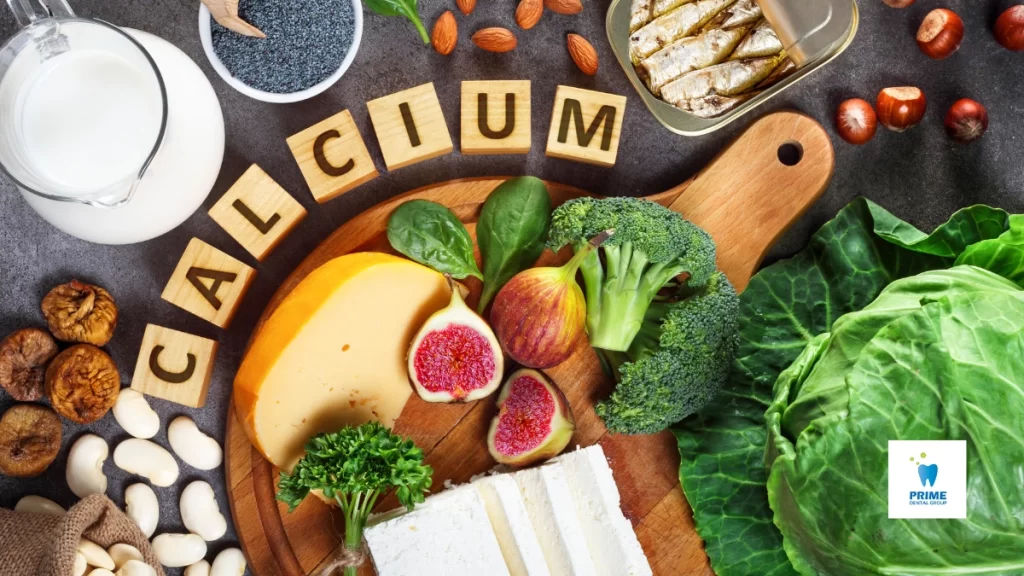
How Calcium Builds Strong Teeth
Calcium is one of the main building blocks of your teeth and bones. It strengthens tooth enamel, making it harder for cavities and decay to form.
What Happens If You Don’t Get Enough?
Without enough calcium:
- Enamel becomes weak and thin
- Teeth may become sensitive to hot and cold
- You’re more prone to cavities and decay
Daily Calcium Needs (By Age)
| Age Group | Daily Calcium Recommendation |
|---|---|
| Children (9-18 years) | 1,300 mg |
| Adults (19-50 years) | 1,000 mg |
| Older Adults (51+) | 1,200 mg |
To meet these needs, aim to eat calcium-rich foods like:
- Milk, yogurt, and cheese
- Leafy greens (spinach, kale)
- Fortified plant-based milks and cereals
- Almonds and tofu
Vitamin D: The Unsung Hero of Strong Teeth
Even if you eat a lot of calcium, your body can’t use it properly without vitamin D. This vitamin helps your body absorb calcium and send it to your bones and teeth.
Signs You Might Be Low in Vitamin D:
- Frequent tooth sensitivity
- Gum inflammation
- Feeling tired or run-down
How to Get Enough Vitamin D
- 10-30 minutes of sunlight several times a week
- Foods like salmon, sardines, and fortified dairy or cereal
- Supplements when needed (ask your dentist or doctor first)
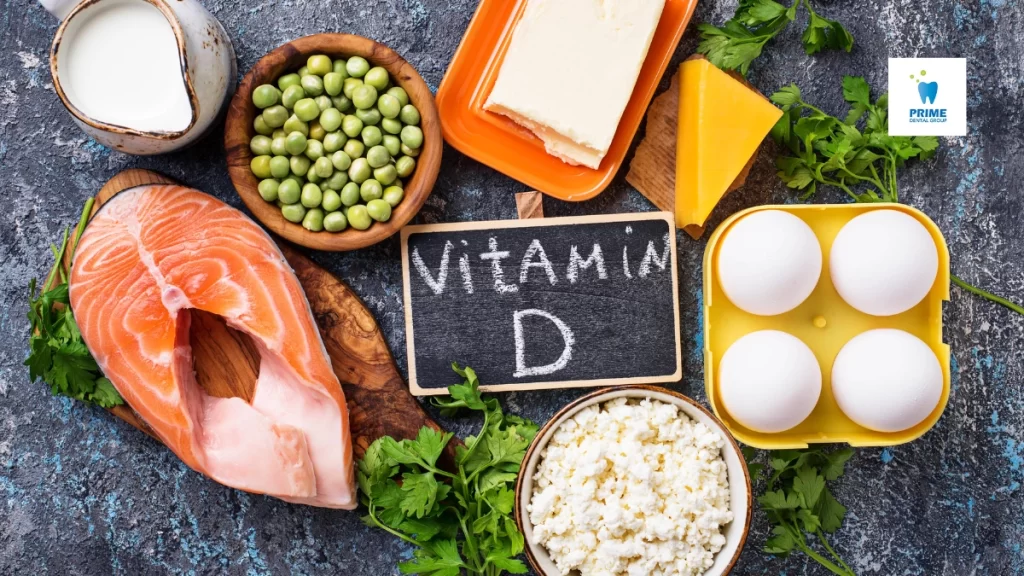
More Vitamins That Keep Teeth and Gums Healthy
Calcium and vitamin D are key, but they’re not the only nutrients your teeth love. Let’s look at a few others:
Vitamin A
- Supports saliva production (your mouth’s natural cleanser)
- Found in carrots, sweet potatoes, spinach
Vitamin C
- Helps gums stay strong and reduces inflammation
- Found in oranges, strawberries, bell peppers
Vitamin K2
- Helps direct calcium to your teeth, not your soft tissues
- Found in eggs, liver, and fermented foods like natto
Eat Your Way to a Healthy Smile
Here’s a table of tooth-friendly foods to add to your grocery list:
| Food | Key Nutrients | Benefits |
|---|---|---|
| Cheese | Calcium, Phosphates | Strengthens enamel, increases saliva |
| Leafy Greens | Calcium, Fiber | Builds enamel, supports gum health |
| Fatty Fish | Vitamin D, Calcium | Enhances calcium absorption |
| Nuts & Seeds | Zinc, Calcium | Fights bacteria, protects enamel |
| Apples & Carrots | Fiber | Naturally clean teeth, increase saliva |
Signs You May Need More Dental Nutrients
Your mouth can give clues if your diet is lacking:
- Bleeding gums? Could mean low vitamin C.
- Sensitive teeth? May be a calcium or vitamin D issue.
- Dry mouth or ulcers? Might be a sign of general vitamin deficiency.
If you notice these issues, it might be time to talk to your dentist or nutritionist.
Supplements: When Food Isn’t Enough
Sometimes your diet alone doesn’t cut it, especially if you have dietary restrictions or health issues.
Helpful Dental Supplements:
| Supplement Type | Benefit |
|---|---|
| Calcium Supplements | Rebuild enamel, prevent decay |
| Vitamin D Supplements | Improve calcium absorption |
| Multivitamins | Fill in overall nutritional gaps |
Tip: Always check with your dentist or doctor before starting any supplements.
Lifestyle Habits That Affect Nutrient Absorption
Even if you eat well, some habits can block your body from using those nutrients:
- Too much caffeine: Can reduce calcium absorption
- Smoking: Hurts blood flow to gums
- Alcohol: Disrupts vitamin and mineral balance
Try to cut back on these habits for better oral (and overall) health.
Nutrition Tips for Every Age
For Kids:
- Offer cheese sticks, milk, and yogurt
- Include leafy greens in smoothies
- Teach good brushing and flossing habits
For Adults:
- Choose nutrient-rich snacks like almonds and carrot sticks
- Stay hydrated and limit acidic drinks
- Add a daily multivitamin if needed
For Seniors:
- Choose softer calcium-rich foods like cottage cheese
- Watch for dry mouth and gum issues
- Visit the dentist regularly
| Age Group | Nutrients to Prioritize | Tips |
|---|---|---|
| Kids | Calcium, Vitamin D | Dairy, leafy greens, good hygiene |
| Adults | Calcium, Vitamin C | Whole foods, limit sugar, hydrate |
| Seniors | Vitamin D, Calcium, C | Soft foods, regular checkups |
Create Your Own Dental Nutrition Plan
Here’s a sample plan to help you build better habits:

Morning
- Meal: Greek yogurt with strawberries and almonds
- Benefit: Boosts calcium, vitamin C, and protein
Lunch
- Meal: Salad with leafy greens, grilled chicken, and bell peppers
- Benefit: Vitamins A, C, K2 for gum and tooth strength
Dinner
- Meal: Baked salmon with steamed broccoli and sweet potatoes
- Benefit: Rich in vitamin D, calcium, and fiber
Snacks
- Carrot sticks, cheese cubes, apple slices, mixed nuts
Drinks
- Water, green tea (in moderation), milk
FAQs
Q: Can you take too much calcium or vitamin D?
Yes! Stick to recommended amounts and check with a healthcare provider.
Q: Are supplements just as good as food?
Food is better, but supplements help fill gaps.
Q: What’s the best time to take dental vitamins?
Take them with meals to help your body absorb them better.
Key Takeaways
- Calcium strengthens enamel, vitamin D helps your body use calcium
- A balanced diet supports strong teeth and healthy gums
- Other vitamins like A, C, and K2 are also important for dental health
- Good nutrition + oral hygiene = a bright, strong smile
Conclusion: Your Smile Deserves the Best
A healthy, confident smile starts with what you put on your plate. By eating foods rich in calcium, vitamin D, and other key nutrients, you’re giving your teeth the care they deserve.
Need help tailoring your diet for a brighter smile? Schedule an appointment with Bellevue Prime Dental Group or Lynnwood Prime Dental Group. Our team is here to guide you every step of the way.
